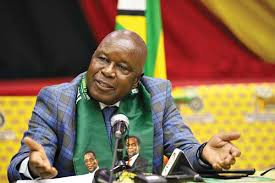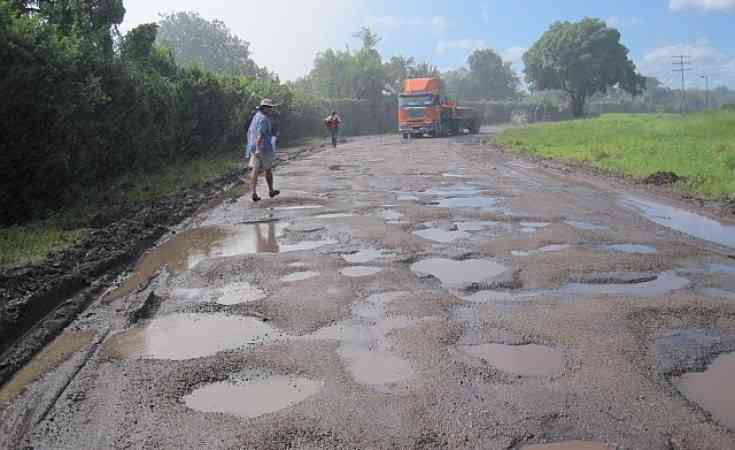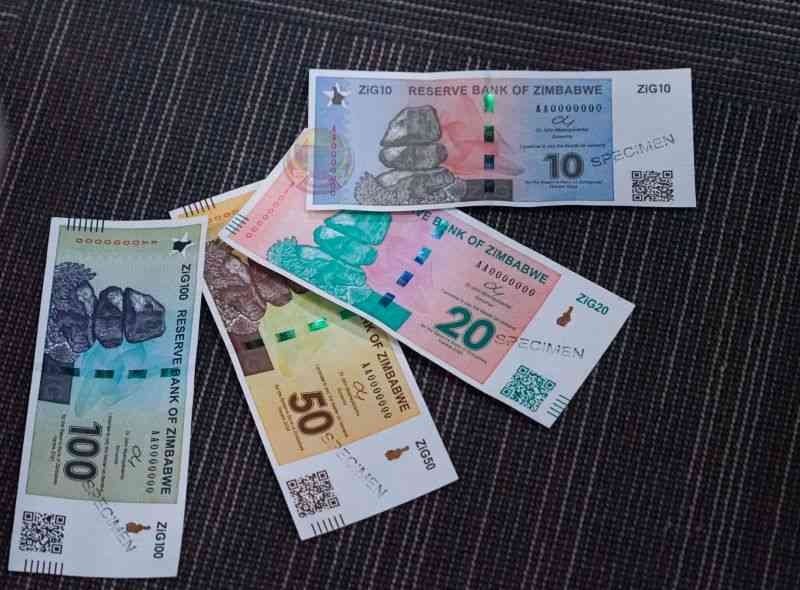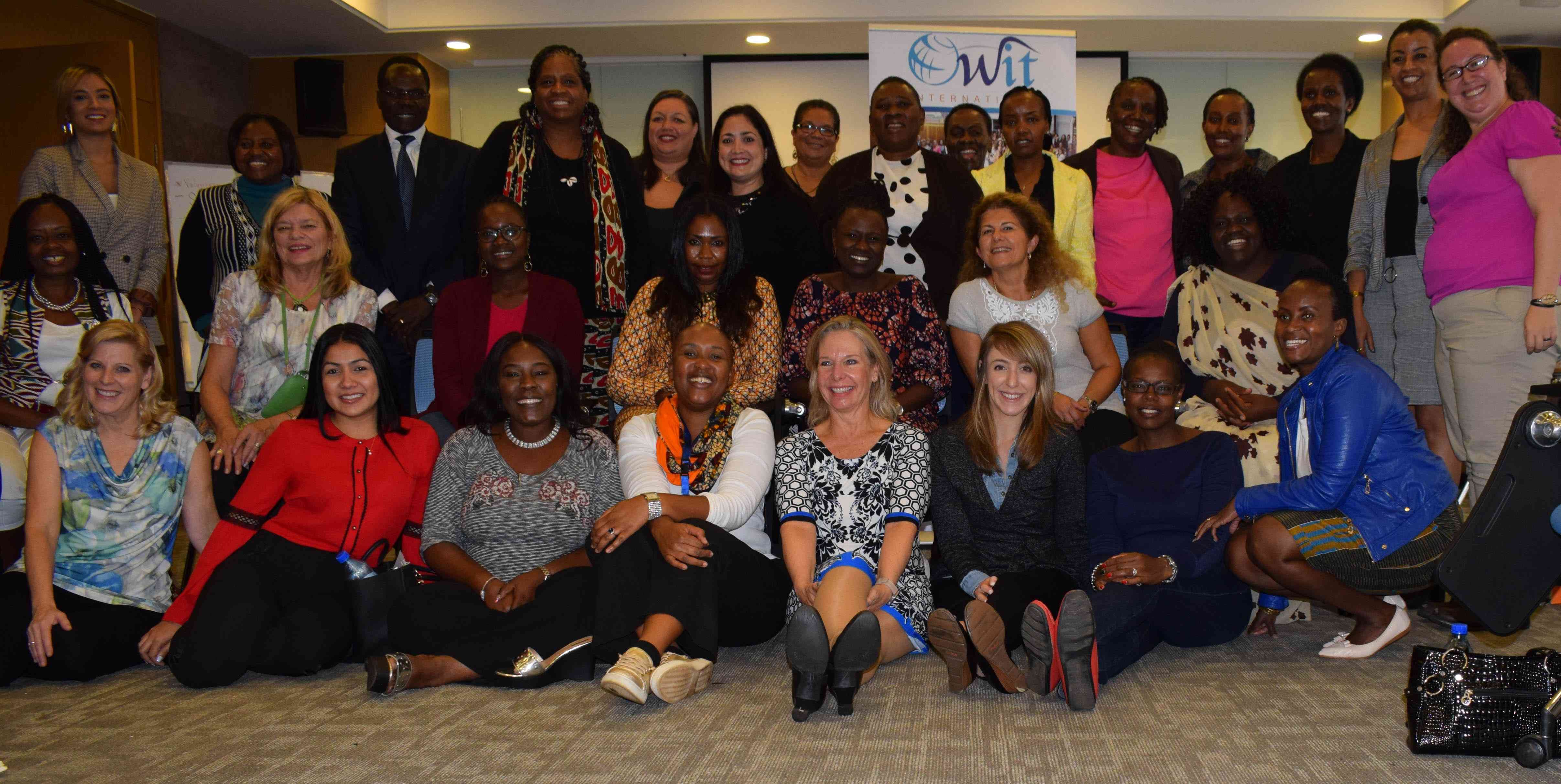
The needy and greedy for attention Christopher Mutsvangwa held a press conference recently where regaled journalists for more than 80 minutes about the good Zanu PF had supposedly done for the nation.
Oscillating between narcissism and sycophancy, Mutsvangwa, the Zanu PF spokesperson, was at his arrogant best, posturing as the know-it-all that he always has been.
On his left, Fungai Marapira, the head of Zanu PF’s information department, did not get as much as word in, instead, he was doing his best impression of a bobblehead.
Mutsvangwa was in his element with half-truths and mistruths, but the tragedy of it all is that no journalist held him to account or even fact checked some of the things he said.
For starters, Mutsvangwa made what has become our favourite national patriotic lie that Zimbabwe is the most educated nation in Africa.
This lie has often been repeated so much that we now believe it and own it as if it were true.
There are many metrics to measure the “most educated” nation in Africa, some of them controversial, but Zimbabwe is not top of any.
On the other hand, Zimbabwe ranks highly on literacy levels, which is something totally different from being educated.
- Mnangagwa marches expose Zanu PF fights
- Experts downbeat as Ncube cuts GDP forecasts
- New perspectives: De-link politics from Zim’s education policies
- Zanu PF bigwigs face axe in purge
Keep Reading
But, Mutsvangwa was not challenged on that assertion, instead he was given free reign. Unless, of course, those in attendance also have bought into the patriotic lie.
Mutsvangwa went on to tell how the economy is booming in the country and how President Emmerson Mnangagwa is supposedly steering a modern economy.
Never mind that Zimbabwe is presently experiencing its worst brain drain in a generation as people flee the stagnation that this country has become.
Unemployment and joblessness have become the hallmark of Zimbabwe, as there does not seem to be a plan to improve the economy, with only those close to Zanu PF enjoying being at the feeding trough.
While Mutsvangwa can throw around development statistics such as gross development product (GDP), we should remember that in the past 12 years alone Zimbabwe has revised its economic indicators no less than four times.
I am reminded of Alex Gladstein’s article “Why Dictators Love Development Statistics”, it is because these are easily faked.
The Zanu PF spokesperson then went into one of our favourite national pastimes – Zimbabwean exceptionalism.
On this one, he stated that Zimbabwe has a better middle class than South Africa because Zimbabwe’s is based on cash while the latter is supposedly based on credit.
While the ordinary Zimbabwean may happily lap that, the reality is that most of Mutsvangwa’s colleagues in Zanu PF have benefitted from massive credit lines such as the farm mechanisation exercise and command agriculture.
Their major advantage is that they do not have to pay back and it is the poor Zimbabweans and Zanu PF supporters that are left with the burden of reimbursing the state while those close to power literally get freebies.
The RBZ Debt Assumption Act is a good example of how the elite live off the state’s largesse, while the poor are forced to pay off the debt that they have no idea of.
Mutsvangwa then went on to tell us how Zanu PF has built many businesses and created businesspeople.
For starters, most companies that were formed by Zanu PF have either collapsed or are at the brink of collapse.
There is no way a party that cannot run its own businesses can turn around and become the platform for “wealth creation for the generality” of Zimbabweans.
Zanu PF is the author and finisher of our suffering as Zimbabweans.
Nobody else is responsible for Zimbabwe’s collapse other than Zanu PF and it is quite insulting that Mutsvangwa describes the party as the creator of economic and business heroes.
Mutsvangwa then went on to say that the late dictator Robert Mugabe dispatched a delegation to South Africa to engage Nelson Mandela, that country’s president, in an effort to stave off sanctions.
Mandela, we are told matter of factly, was sympathetic and directed the delegation to a minister, who told the Zimbabweans that if they wanted money from South Africa, they should return land to white farmers.
Hang on! Mandela’s presidency ended in 1999 before Zimbabwe’s so-called fast track land reform programme, which only began a year later.
So there is no way Mandela’s minister could have told the Zimbabweans to reverse the land reform programme, another point that was not fact-checked by journalists that attended the press conference.
Mutsvangwa then went on to tell us how they had given the International Monetary Fund (IMF) a lecture and that the Bretton Woods institution had paid homage to Zanu PF.
Barely 10 days before Mutsvangwa’s self-serving monologue, the IMF had released its list of fragile and conflict affected countries for the 2026 financial year.
Zimbabwe had its pride of place under institutional and social fragility.
The IMF states that fragile and conflict-affected states face many challenges from low-capacity institutions and the limited provision of public goods to extreme poverty.
In addition, the IMF states that spillovers originating from countries such as Zimbabwe may also threaten macroeconomic stability and inclusive growth prospects in neighbouring countries and regions.
This is the same IMF that Mutsvangwa claims to have paid homage to Zanu PF because of the party’s stellar business record.
Pleased with himself and facing little push back from the journalists, Mutsvangwa triumphantly set back and asked for questions from the reporters, but not before offering to buy some food from Chicken Inn for the media workers.
When the questions did come, none of them spoke to the core issue of Mutsvangwa’s address – that is Zimbabwe’s booming economy – all questions were about Kudakwashe Tagwirei’s abortive effort to join Zanu PF’s central committee.
The Tagwirei issue was topical and had to be asked, but surely, at least one of the questions should have been to push back on Mutsvangwa’s rather bold and fantastical statements.
Mutsvangwa’s statements went unchallenged and this is a massive disservice to journalism and further alienates media audiences.
Journalism in Zimbabwe, like in most countries, is facing a crisis of lack of trust and financial underinvestment.
One way to build trust and engage with audiences is through fact-checking, which evaluates the truthfulness of public claims and other societally significant content.
It is not only Mutsvangwa that should be held accountable, but every politician, both those in public office and those that seek public office.
The more journalists and the media fail to hold public officials accountable, the more the audience loses the trust in the media and this can lead to a massive decline in revenues.
The Tagwirei issue will, in the short term, get readers to buy newspapers, click on website links or tune into the radio, but this is ephemeral.
However, there is no substitute for knowledgeable, fact-based journalism and enduring fact checking.
The media in Zimbabwe have a duty to first win back audiences and one way to do that is by regaining lost trust.
Journalists should not just be glorified stenographers, rehashing what is said at press conferences, but rather should be rigorous in holding those in power to account and pointing out mistruths.











